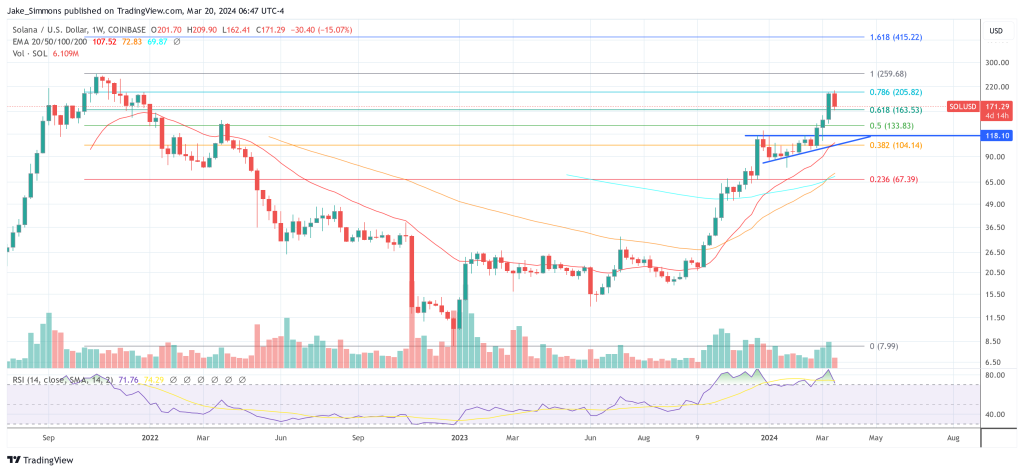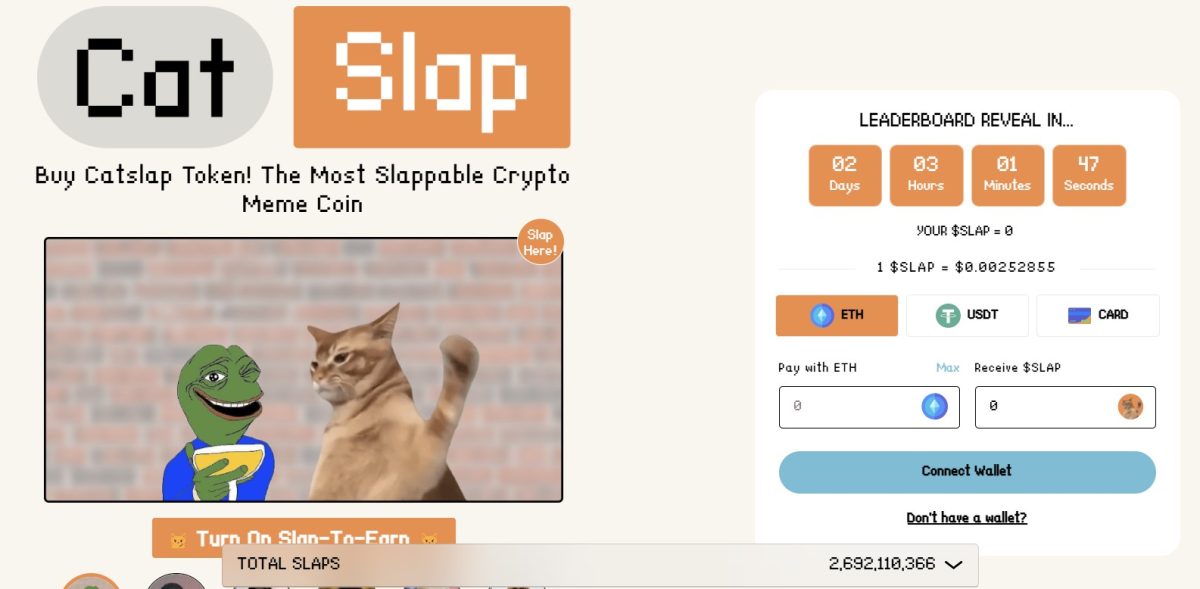ARTICLE AD
The scalability debate within the Solana ecosystem has reached a fever pitch, fueled by pointed discussions on X (formerly Twitter) among leading figures in the blockchain space. At the heart of the debate is the question of whether Solana, a blockchain celebrated for its high throughput and low transaction costs, can maintain its performance and economic viability without resorting to Layer-2 (L2) solutions or rollups.
Does Solana Need L2?
The conversation was kick-started by Vibhu Norby, the founder of the Solana-based project DRiP, who raised concerns over the escalating costs and technical challenges faced by applications operating on the SOL blockchain. Norby’s initial statement set the stage:
Controversial take that honestly really shouldn’t be. But want to put on the table a topic that has been happening in many private conversations. Solana is going to have and needs to have L2s and/or rollups.
He detailed the substantial on-chain fees DRiP encountered, amounting to “$10,000 in on-chain fees last week,” underscoring the misalignment of incentives as app success paradoxically increases infrastructure costs. He remarked, “The very apps that bring traffic and customers to the chain are rewarded with increased infra cost when the token appreciates in value,” suggesting a misalignment between the ecosystem’s growth and its economic incentives.
This, according to Norby, necessitates a discussion on the scalability and economic model, suggesting that “I think many app builders will be happy to make calculated decentralization tradeoffs to have favorable economics and TPS.”
The response from the developer community was swift. BASED CHARKER, Global Developer Growth at the Solana Foundation, countered Norby’s perspective by highlighting the potential of Firedancer, a project aimed at significantly enhancing scalability.
Charker stated, “If Firedancer achieves what it set out to do and current issues are resolved (they will be) you’re not going to need a L2 in the next 2-3 years.” He acknowledged the frustrations of developers like Norby but remained optimistic about Solana’s roadmap and its capacity to scale effectively without Layer-2 solutions.
Anatoly Yakovenko, the co-founder of Solana Labs, chimed in with a technical standpoint focusing on the hardware aspect: “Hardware won’t get conservative, though. Solana code base will get conservative when the only thing that validators need to do is add more cores.” This perspective suggests an enduring solution to scalability lies in leveraging hardware advancements, reinforcing the belief in the foundational technology to meet future demands.
The discourse also touched on the nature of blockchain evolution and market forces. Jordan Prince, co-founder of Solana-based B+J Studios, posited a market-driven outcome: “The free market always wins one way or the other! Either the base layer becomes fast enough and cheap enough quickly enough to avoid some tacked on L2, or it doesn’t and someone builds one first to solve the problem.”
Vision For A Scalable Future
Beyond identifying challenges, Norby also articulated a forward-looking vision for Solana, envisioning it as the foundation for a new internet. “I think I am way more bullish on Solana than anyone in the world. I foresee millions of apps built on this new internet called Solana. I think we are going to recreate all of our core internet apps including social, email, commerce, financial, etc.,” he stated.
This ambitious vision underscores Norby’s belief in Solana’s potential to host a vast and vibrant digital economy, far surpassing current applications and possibly challenging traditional internet infrastructure. However, he acknowledges the future need for “a plethora of scaling solutions, call them L2s or something else entirely,” in order to create “a thriving economy 1 million times bigger than the NASDAQ.”
 SOL price retraced to the 0.618 Fib, 1-week chart | Source: SOLUSD on TradingView.com
SOL price retraced to the 0.618 Fib, 1-week chart | Source: SOLUSD on TradingView.com
Featured image from Shutterstock, chart from TradingView.com

 9 months ago
55
9 months ago
55 

